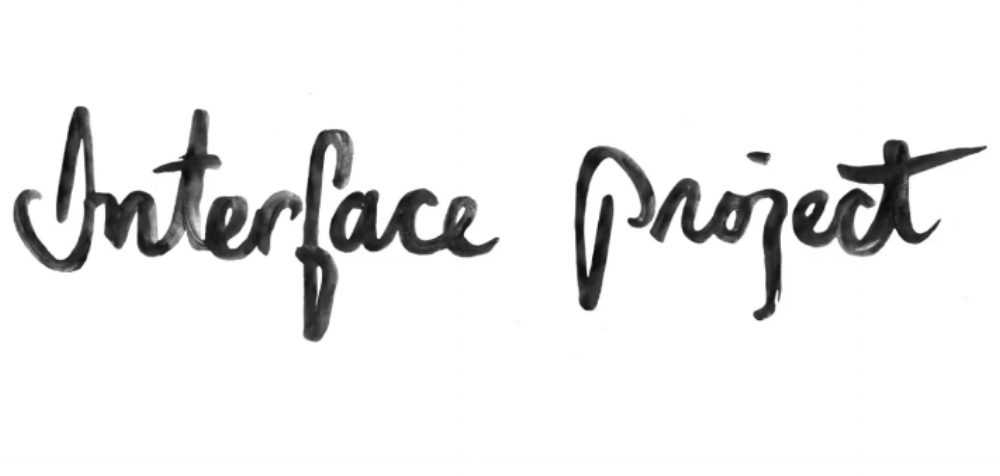LORD WILF STEVENSON
london, england / DECEMBER 17 2013
(Transcript)
My name is Wilf Stevenson, I’m a member of the House of Lords, United Kingdom, and I have a wide interest in various aspects of legislation through business but also with culture. But, my reason for being interviewed today is because I have hypospadias. I’ve had it since I was born. It’s a condition that’s probably mainly genetic although that seems to be increasing in instance, and we don’t know why that is. So, at the moment, in the United Kingdom probably 1 in 150 boys are born with this condition, which also affects girls too, but it’s less obvious and less noticeable.
I didn’t know I had the condition until I was speaking to a doctor at the age of 30. So, for the whole of my adolescence and early adulthood I had to conceal my difference, the fact that I wasn’t the same as others, and that I felt very difficult about that. And, it was only when I was about 30 or 35 I realized that I was not alone, that there were others in the same condition that it was becoming well recognized that those people with hypospadias had difficulty informing relationships, difficulty making friendships, difficulty engaging with the normality, the normal conditions of life so I for instance find it very difficult to get undressed in a public changing room. I didn’t want to do sport in case I was exposed in that way, and all that sort of stuff - so a really difficult time.
You have a saying which is on your visiting cards and I was struck by it: No Body Is Shameful®. That reminded that my mother used say that to me when I was growing up. The way she expressed it was that there’s nothing to be ashamed of in the human body, and, of course, that’s true. But there’s an irony there because she knew I had hypospadias because my grandfather brought me into the world, and there must’ve been discussions about what happened. But she never discussed that with me. Never, ever - and she’s now dead and so we can’t have that conversation. But, I wish she’d put into practice what she’d said.
There is a role for legislation in this area particularly, for instance, for those who have been born intersex, where I think medical advances have not been supported by legislative change. So, for instance, in debating the same-sex marriage bill there wasn’t a space for those who had yet to declare which sex they wished to be considered, and therefore we do need to revisit this and think this through in participation with those people who have got the condition so that we come up with equitable solution.
The problems I’ve experienced I think are lack of knowledge, and in particular lack of information from your parents. If I have any message for parents it is to tell your children about what the condition is, to talk to them about it, to explain what the issues are, and to take the journey with them as they go through various medical investigations. But also make sure the child has a right to express his, or in some cases her, interests here. At age 1 or 2 the child cannot be involved but as they get older and they understand what the situation is then they should be involved, and should be encouraged to be so.
My message to the medical profession is that there is a tendency, certainly in the United Kingdom, to operate first and to consider how that operation has affected people later. I think that’s wrong. I think we need to spend a lot more time discussing with the patient, and that means the child, what will happen as a result of that operation and involve them in the process. Because that’s the only way that justice can be brought to these people. ©
